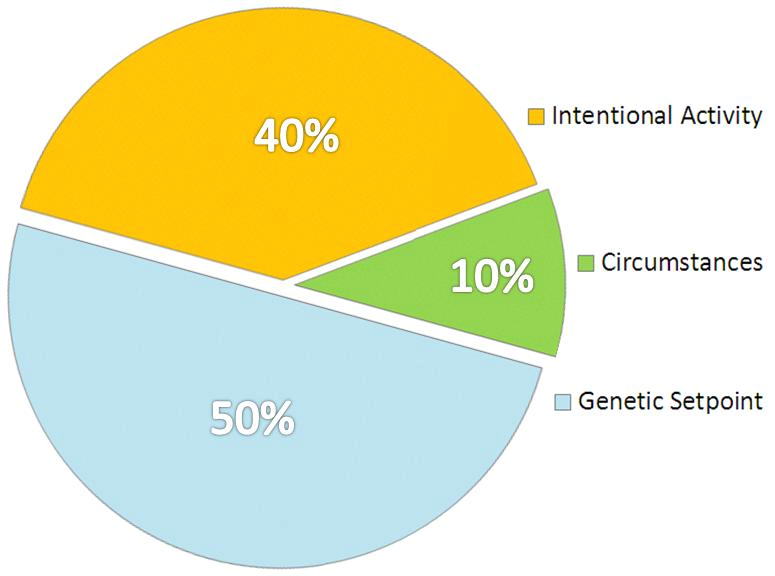Contributed by Jennifer Bateman, Ph.D., National Vice President, Youth Development Programs at Boys & Girls Clubs of America
Carl Bard says, “Although no one can go back and make a brand new start, anyone can start from now and make a brand new ending.” Philosophically, I love the idea of this quote – the notion that, as individuals, we have the power to rewrite the continuation of our storylines at any point.

But this concept begs the question: to what extent does the history of our life experiences play into our ability to rewrite our future stories? In other words, what power do we have to redesign our course or is this course defined by the accumulation of our life experiences?
Yet, if this idea holds true – that the accumulation of our life experiences and history shape our stories – do we, in fact, have the power to redefine our future selves?
I recently encountered The How of Happiness by psychologist Sonja Lyubomirsky. In this book, Lyubomirsky cites research from a series of twin studies in order to demonstrate that 50 percent of happiness is genetically predetermined. As such, we are born with a genetic set point for happiness that we, even with intentional activities, can do little to change. For some, this is a disenchanting statistic that provides evidence for raising the white flag to doom and ennui. For others, it is reassuring and affirming – suggesting, perhaps, that one’s history of optimism will be resilient and sustained despite hardship.
Upon reading this statistic, I immediately wondered…if 50 percent of our happiness is predetermined, what accounts for the remaining 50 percent? As it turns out, after decades of research, psychologists have determined that 10 percent is due to life circumstances (such as geography, education, health, family characteristics, etc.) and 40 percent is the result of one’s personal outlook and attitude (Lyubomirsky, 2008).

Lyubomirsky (2008) notes that,
Although on the face of it, the set point data appear to suggest that we all are subject to our genetic programming, that we all are destined to be only as happy as that “programming” allows, in actuality they do not. Our genes do not determine our life experience and behavior. Indeed our “hard wiring” can be dramatically influenced by our experience and our behavior…
This heartening statistic means that 40 percent of our happiness depends exclusively on how we choose to participate in our lives. Awareness of this statistic and the science of happiness charges us to reexamine –
How am I spending my 40 percent?
In that we have 40 percent to invest in making “a brand new ending,” we are obligated to ask ourselves how we will invest in redesigning the present of our happiness. Ask yourself –
When and where am I fully alive?
In what experiences am I fully immersed and joyfully absorbed?
Where am I expending the riveting power of my engagement?
Science appears to support Bard’s philosophical notion after all…we are greater than our genetic and circumstantial narratives. We do, in fact, have the power to rewrite our future stories. But only if we choose to. What will you do with your 40%?
 Jennifer Bateman is the National Vice President of Youth Development Programs at Boys & Girls Clubs of America. Jennifer has 19 years of youth development experience. She earned her M.Ed. in Child Development & Psychology from Harvard University and her Ph.D. in Developmental Psychology from University of Pennsylvania.
Jennifer Bateman is the National Vice President of Youth Development Programs at Boys & Girls Clubs of America. Jennifer has 19 years of youth development experience. She earned her M.Ed. in Child Development & Psychology from Harvard University and her Ph.D. in Developmental Psychology from University of Pennsylvania.
